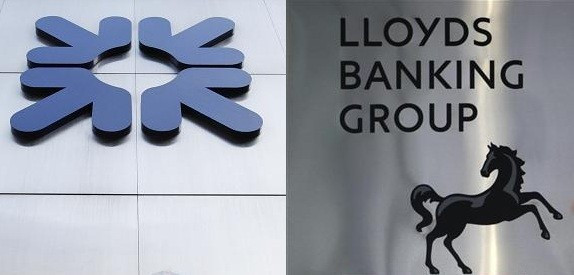RBS 'Bad Bank' Split Costs Exceed Benefits of Privatisation

The costs borne out of the British government's proposed move, to transfer the Royal Bank of Scotland's toxic assets into a separate state-run bank, will far exceed the benefits of pushing the lender into the private sector.
According to a statement by Fitch, the rating's agency says that it is unlikely that the government will eventually split RBS into two banks, as there are too many risks of further costs and hurdles for the lender overall.
"A bad bank split is unlikely as we believe the costs, obstacles and uncertainties involved in transferring some assets to a state-run bad bank would exceed the benefits, in particular to the UK government as majority shareholder in the bank and potential acquirer of assets from the bank," said Fitch in a lengthy analyst note.
"In light of this and given the large unknown elements of what could be transferred and under what mechanisms even were some sort of split to occur, we have not taken any related rating action on RBS."
RBS Returning to Privatisation

RBS and Lloyds Banking Group are 81% and 39% owned by the taxpayer respectively, and analysts say that returning them to private ownership will help the incumbent Conservative Party win support in time for the next national election in May 2015.
Britain's previous Labour-led government originally injected £66bn (€78bn, $102bn) of taxpayers' money into RBS and Lloyds to save them from collapse.
The government and RBS Chairman Philip Hampton initially pegged RBS to return to privatisation by 2014.
However, UK Chancellor George recently said Lloyds is in a better position than RBS to return to privatisation and that RBS would not be sold, as he had hoped, before the next parliament in 2015.
Fitch believes that RBS' recent set of strong results for the first half of the year will also make the government too cautious to split the bank into two firms.
"RBS has just proved, in its recent set of results and following the UK Prudential Regulatory Authority's recent adjusted capital requirement test, that it can continue to operate viably under its current plans," said Fitch.
"As such, we expect any restructuring would take place outside any existing statutory framework, presumably involving the sale by RBS of certain assets at no less than fair value in order to avoid a breach of European Union state aid rules."
At the beginning of August, the bank posted a pretax profit of £1.4bn in the six months to the end of June, compared with a loss of £1.7bn in the first half of 2012.
Change of Guard

When RBS announced their results on 2 August, the bank unveiled its new chief executive to take over from Stephen Hester.
Ross McEwan, who comes from an extensive retail banking background, is will start his new job on 1 October this year.
"A new chief executive with retail banking pedigree could lead to a strategy more focused on the UK and further reshaping of the markets operations, which would reduce risk-weighted assets, volatility in income and tail risk," said Fitch.
© Copyright IBTimes 2025. All rights reserved.






















